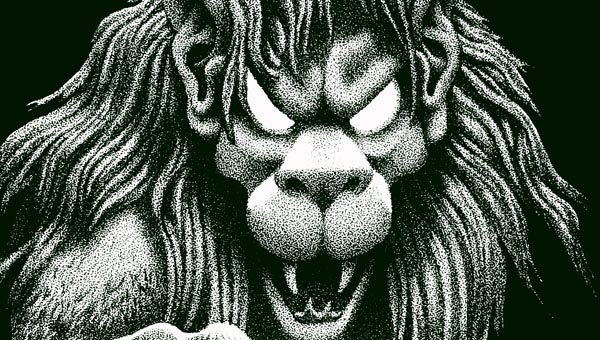
Zen Violence: In Appreciation of Deliverance
Originally appeared in Centipede Press Newsletter
Zen Violence: In Appreciation of Deliverance
“Squeal like a pig, boy.”
At thirteen, a premature viewing of John Boorman’s Deliverance put me off the outdoors much as The Shining might for abandoned hotels. Yet as the years wore on I found myself drawn to authors who larded their stories with such settings. The threat of nature loomed in all—John Williams and Jim Harrison come to mind—but none had it on James Dickey, a man who, with a scant two novels to his name, did more for the dark allure of the backwoods than all the others.
Recovered and fully grown, I returned to Deliverance on fresh terms, opting this time for the source material. eBay furnished a hardback facsimile of the first edition which held on its cover, against a black background, the image of an eye peering through a snarl of brush. An eye which, at first malignant, revealed itself on reading as Dickey’s own—Dickey the poet, with whom so few are familiar, gazing steadily, unflinching, out through the bloodshed of his book.
Lines such as “He opened his mouth and it was full of blood like an apple” betray a mind invested in the land’s view of humanity over humanity’s of the land. Or, more finely put, a mind that makes no distinction between the two; one that views human trauma as a facet of the terrain.
Any acquainted with Dickey solely from the screen will find his hallmark novel an entrée into poetry more than horror. But his is a poetry relentless. Only watch the laureate turn bloody while reading “The Last Wolverine” to a darkened auditorium in the documentary Lord Let Me Die But Not Die Out. Note the froth that girds the jowls, the bayonet held at the beltline. Only read, in his poem “The Performance,” of beheadings rendered graceful as ballet. And one begins to grasp the discord inherent to Dickey’s work, the “unbelievable violence and brutality of the river” which causes the narrator of Deliverance no anxiety, only the revelation, “This is not such a bad way to go.”
Indeed it isn’t.